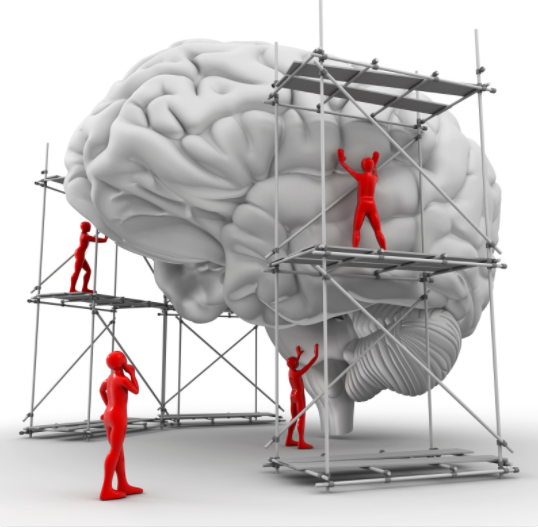
An often-overlooked part of workplace safety is mental health; and as one of the leading occupations for death by suicide, it is time to take psychological safety in the construction industry seriously.
The Invisible Health Hazard
When you think about the hazards of the construction industry, physical risks are probably top of mind. Due to its high rates of fatal and non-fatal injuries, the construction industry is no doubt one of the most hazardous, but many fail to realize that the safety and health concerns go beyond job site accidents. What about the dangers you can’t see? Mental health in the construction industry is not just a silent epidemic but also an invisible health hazard. Unlike the tangible risks of construction such as working at heights or around heavy equipment, mental well-being is something that we cannot see.
People in the construction industry are particularly susceptible to mental health issues and suicide, and the COVID-19 pandemic has increased the rates of mental health issues across the industry and country as a whole.
Sadly, suicide is now the leading cause of death among men under the age of 45. According to the NAHB, more construction workers commit suicide each day than all other workplace-related deaths combined, and the construction and extraction occupational group has had the highest male suicide rate of all major occupation groups several times in the last ten years, according to a CDC report. The COVID-19 pandemic has increasingly added stress, anxiety, and fear to contractors’ already high risk of suicide.
Why are Construction Workers at Risk?
- Seasonal work and possible layoffs
- A highly competitive, “macho” culture
- Expectation of overtime and working long hours
- Lack of job security, paid sick time, holidays, and access to company health plans
- Difficulty securing payment from clients
- Physical exhaustion which can impact life outside of work
- Workplace injuries that can lead to chronic pain, psychological trauma and missed hours
- A high incidence of alcohol and drug abuse
- Separation from friends and family
What Can You do to Make a Difference?
Contractors, unions, project managers, and industry service providers must address mental health and suicide prevention as a safety and health priority in the construction industry. It must be prioritized on par with physical safety precautions.
The best way to help workers suffering from mental illness is to assist them in obtaining the resources they need. This can be done by:
- Providing mental health days separate from sick days, and encouraging employees to take them.
- Providing employee benefits, which cover counselling, medication, and other medical resources.
- Training supervisors and business executives in mental health first aid so that they can assist workers.
- Encouraging mental health conversations and incorporating mental health knowledge into safety training.
- Ensuring that all workers are aware that their employment will be available to them if they need to take time off to pursue mental health care.
Empowering workers to seek out resources is a crucial part of every manager or superintendent’s job. Here are some specific resources to help kick-start a mental health awareness program within your organization:
- Construction Financial Management has put together a list of suicide prevention resources tailored to construction workers
- The Center for Construction Research and Training also compiled a list of mental health and suicide prevention resources
- National Council for Mental Wellbeing: Mental Health First Aid
- National Suicide Prevention Hotline
At FIELDBOSS we believe in advocating for mental health at work. Our goal is to help you manage your business efficiently in order to reduce stress, so you can free up time to focus on the health of your staff.